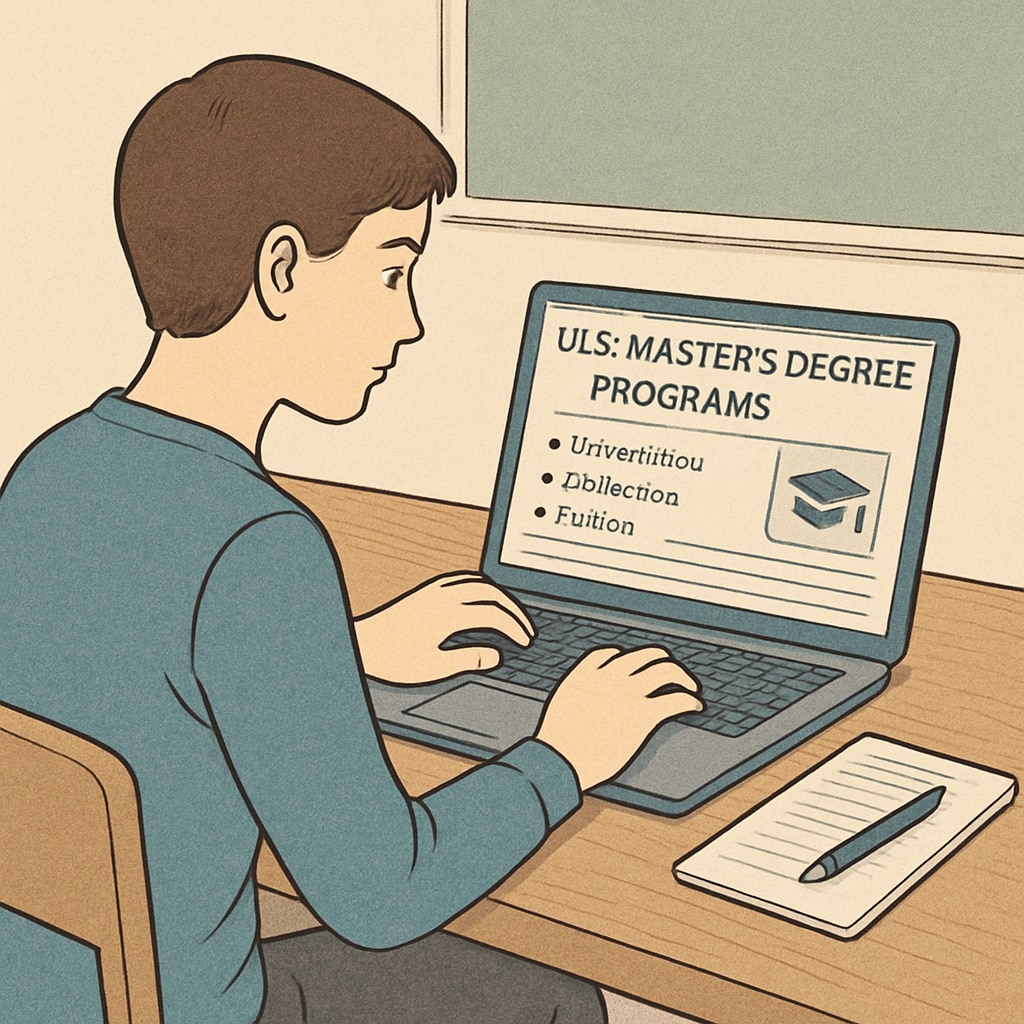In the ever-evolving global education landscape, the decision to pursue a U.S. master’s degree remains a significant consideration for many students and their families. With factors like geopolitical shifts, economic uncertainties, and the rising costs of higher education, evaluating the feasibility of U.S. master’s applications has become more critical than ever. This article delves into the current opportunities and challenges for applicants, providing actionable strategies and insights for K-12 students and their parents to prepare for this important educational milestone.
Key Factors Influencing U.S. Master’s Applications
When considering the pursuit of a master’s degree in the United States, several factors come into play. These include financial requirements, visa policies, academic qualifications, and the global recognition of U.S. degrees. Below, we explore these aspects in greater detail:
- Financial Considerations: Tuition fees and living expenses for U.S. universities are substantial. However, scholarships, assistantships, and other funding opportunities can offset these costs. Planning early for financial aid is crucial.
- Visa and Immigration Policies: The U.S. student visa process can be stringent, but understanding the specific requirements and preparing early can significantly ease the process. Recent changes in immigration policies emphasize the importance of staying updated.
- Academic Competitiveness: Admission into top-tier U.S. programs often requires strong academic credentials, standardized test scores (e.g., GRE, GMAT), and a compelling personal statement or research proposal.
- Post-Graduation Opportunities: The Optional Practical Training (OPT) program and the H-1B visa make the U.S. an attractive destination for graduates seeking global career opportunities.

Strategic Planning for K-12 Students and Parents
For younger students aiming for a U.S. master’s degree in the future, preparation should begin early. Parents play a pivotal role in fostering academic and extracurricular excellence. Below are some strategies to consider:
- Academic Excellence: Encourage students to maintain strong grades and excel in advanced coursework, such as Advanced Placement (AP) or International Baccalaureate (IB) programs.
- Extracurricular Activities: Engage in meaningful extracurriculars aligned with the student’s interests, showcasing leadership and commitment.
- Test Preparation: Introduce standardized tests like the SAT or ACT early to build familiarity and confidence, as these skills will be transferable to GRE or GMAT later.
- Networking and Mentorship: Connect with alumni, career advisors, and mentors who can provide guidance on U.S. university applications and career paths.
Parents and students should also explore pre-college programs or summer schools hosted by U.S. universities to gain exposure to the academic environment and build connections.

Timing Your Application: Why It Matters
The timing of your application can significantly influence the outcome. There are three primary reasons why preparation should start early:
- Competitive Advantage: Early preparation allows students to craft a strong application package, including well-written essays and recommendation letters.
- Scholarship Opportunities: Many universities offer early-bird scholarships, which may be limited to those who apply during the first round of admissions.
- Adaptability to Policy Changes: Starting early provides flexibility to adapt to any changes in visa policies or admission requirements.
Additionally, understanding the application cycles—fall, spring, or rolling admissions—can help applicants strategically plan their submission timelines.
Conclusion: Making an Informed Investment
The decision to pursue a U.S. master’s degree requires careful evaluation of financial, academic, and personal factors. By understanding the key challenges and opportunities, and by planning early, students and parents can make informed decisions that maximize their chances of success. While the road may seem daunting, the potential rewards—global career opportunities, a robust network, and personal growth—make the investment worthwhile. For those committed to this journey, strategic preparation and adaptability are the keys to turning aspirations into reality.
For further reading: Explore more about graduate schools on Wikipedia or visit Britannica’s guide to graduate education.
Readability guidance: The article balances professional insights with practical advice. Short paragraphs and clear subheadings improve readability, while lists and examples ensure the content is actionable and engaging.


